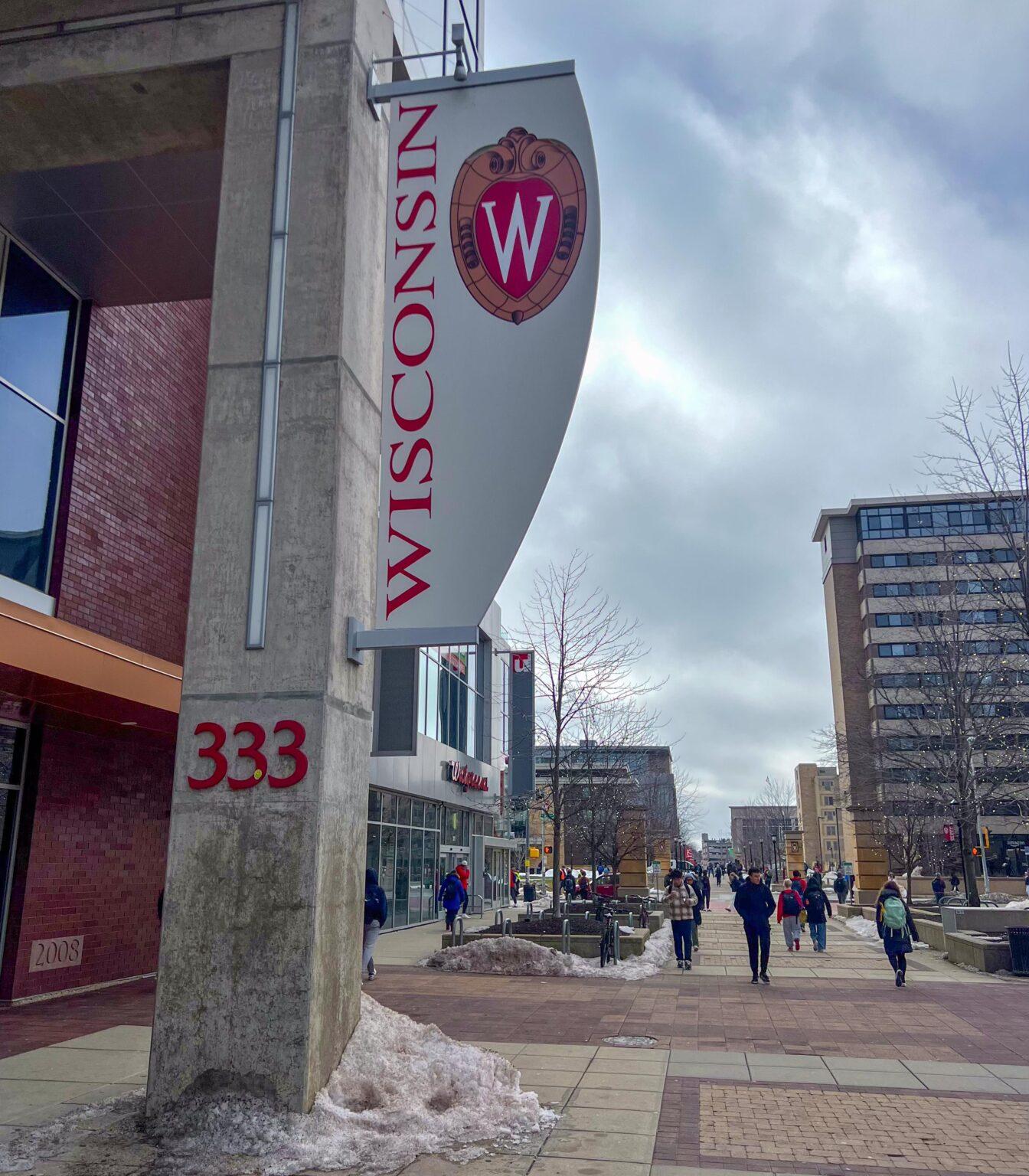The Student Services Finance Committee, a subcommittee of the Associated Students of Madison, released its Fiscal Year 2025 Report to the Chancellor Jan. 19. SSFC oversaw a $4.95 million budget increase from the 2024 fiscal year, according to the final report.
Each year, SSFC allocates portions of segregated fees — which all University of Wisconsin students pay as part of tuition — to registered student organizations, according to ASM. Students have the right to oversee the allocation of segregated fees per Wisconsin Statute 36.09(6).
The 2025 report, prepared by SSFC Chair Quinn Wakley and Vice Chair Elijah Lin, details funding decisions for Registered Student Organizations, SSFC Rep. Ryan Thiele said in an interview with The Badger Herald.
“[The SSFC Chair] provides a report of everything that we’ve done,” Thiele said. “So that’s why you’re able to see [that] we accepted this group, gave them a budget increase here with this reason — or we rejected this eligibility, they’re not going to receive any money from students and here’s why.”
SSFC approves The People’s Farm budget reallocation at first meeting of 2024
The General Student Services Fund provides RSOs with supplies and salary funds for services and programs that cater to all UW students. In total, the SSFC proposed a total budget of $733,714 for fiscal year 2025.
Ten student organizations were granted eligibility to receive funding from the GSSF — Badger Catholic, Latine Student Union, Mecha, Muslim Student Association, Promoting Awareness Victim Empowerment, Student Leadership Program, Sex Out Loud, The People’s Farm, Wisconsin Black Student Union and Wunk Sheek, according to the report.
Sex Out Loud received the largest portion of the GSSF, with $126,920 for fiscal year 2025, according to the report. Funding for Sex Out Loud goes toward workshops on sexual health and contraceptives to promote safe sex on campus.
MSA received $36,770 — the smallest portion of the GSFF — for fiscal year 2025. MSA provides a space for all students to learn and contribute to activism on campus, according to the MSA website.
Funding from SSFC has allowed the organization to hold community dinners for Ramadan, host speakers and run charity events for students, MSA financial intern Zayd Khan said.
“We don’t want people to pay to benefit from these events, so I would say that the grants are definitely a huge part of the organization,” Khan said.
SSFC is also responsible for non-allocable funding decisions, according to ASM. While SSFC lacks the authority to allocate money in these cases, they can make funding recommendations for WSUM, Childcare Tuition Assistance Program, RecWell, University Health Services and Wisconsin Union.
UHS had the largest budget based on SSFC’s recommendations, with $26,605,500 for fiscal year 2025.
The role of representatives on SSFC is to keep the student body informed and engaged with campus activities, Thiele said. Additionally, it is SSFC’s responsibility to ensure segregated fees are contributed in a meaningful way.
“One way that we do that is by evaluating the eligibility of different student groups, who would apply for funding via our general fund, the GSSF,” Thiele said.
To obtain a grant from the GSSF, student organizations must meet certain eligibility requirements and complete an application process that can take three to six months, Thiele said.
First, the student organization must fill a gap in services offered by UW. For example, PAVE, a campus organization that received $98,310 for 2025, helps prevent sexual assault, dating violence and stalking, according to their website.
Second, the student organization is required to meet the criteria for core programming, Thiele said. To meet this requirement, organizations must offer programming that is open to all UW students, provide an educational benefit that is not credit-producing and have a 75% student makeup.
MPD investigation of property damage to Hillel Foundation building ongoing
The purpose of these requirements is to ensure organizations contribute to campus and community enrichment, Thiele said. Student organizations receive support from ASM to ensure their application meets the criteria for receiving funding. If student groups do not follow SSFC’s policies and guidelines, they risk losing their GSSF grants or the opportunity for future eligibility.
For example, The Black Voice was ineligible to receive funding from the GSSF for fiscal year 2025 because they returned 55% of their budget from the previous year, according to the report. Effective Altruism, Rhetoric Society of America and Women’s Ultimate Frisbee were also denied GSSF eligibility due to a lack of core programming.
ASM wants to reach out to students and invite them to be a part of all SSFC meetings so they can be aware of fund allocation, Thiele said. Additionally, SSFC representatives want to ensure the money from segregated fees is enriching the campus for all students.
“I’m hoping that students know that they are more than welcome to come to our meetings,” Thiele said. “They’re more than welcome to sit in and learn and be active participants. And I hope they know that we’re doing the same.”







